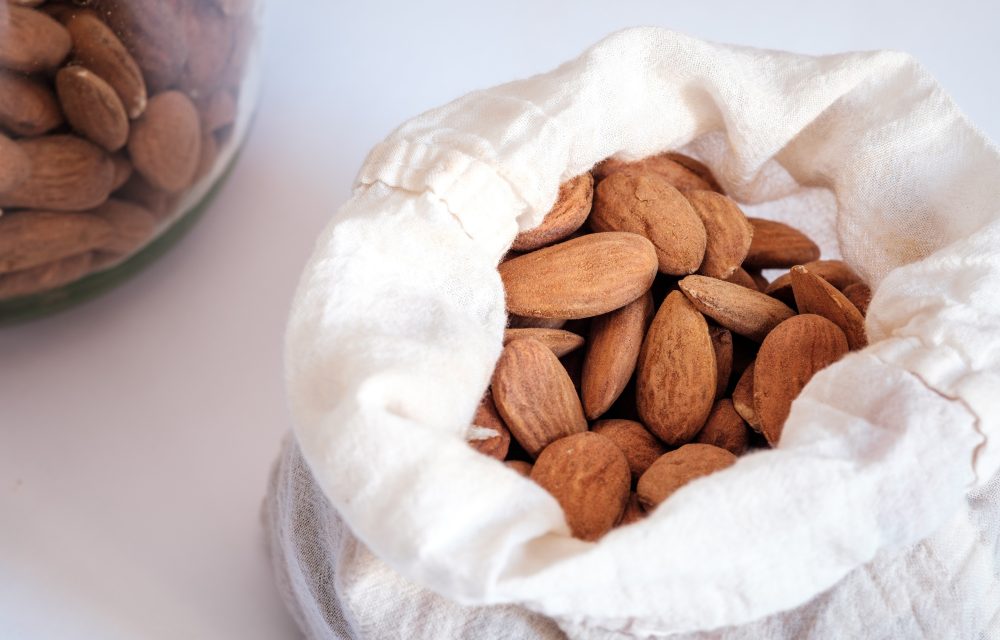Foods That Help Boost Memory
The more research into the effects of the food people consume and its toll on their mental clarity, the more evidence there is that food can boost memory and cognitive functioning. It’s obvious that diet plays a role in overall health. Obesity, heart disease, and diabetes all have a direct link to diet. Studies are now finding that there’s also a link to emotional well-being, memory, and cognitive thinking. In the US today, over 1/3 of the people over 75 will have Alzheimer’s and more will have some sort of cognitive decline affecting memory.
Diet, exercise, and sleep are aids to better memory.
You can’t discuss improving memory and cognition without including sleep and exercise. Both play a vital role in keeping your brain strong. While diet is just one factor, it’s an important factor. Don’t avoid fat if you want your brain to function to be its best. Healthy fat, like that found in salmon and avocados, improves brain functioning, while unhealthy fat, such as trans fats, diminishes it. Just make sure that fat is a healthy fat and that you include a wide range of fruits and vegetables for the protective effects of the phytonutrient they contain. Several studies show that a heart-healthy diet is also a brain-boosting one.
Cutting out processed foods and foods with added sugar improves brain health.
A diet high in sugar reduced memory functioning by making changes in the hippocampus that helps process memories and retrieve them. One animal study showed a high-sugar diet caused fewer newborn neurons and higher amounts of inflammation-linked chemicals. It’s not from sugar in whole foods, but food with added sugar. Fruit is high in sugar and improves brain health. The antioxidants in berries prevent damage from oxidation that can cause memory loss and dementia. The resveratrol in grapes is heart-healthy, but also good for the brain.
Your brain needs carbs for energy.
A healthy diet includes complex carbs that can fuel the brain. They provide a slow, but consistent source of food. These include whole grains, sweet potatoes, and black beans. Many are high in B vitamins that boost brain power. Like avocados, fatty fish contains omega-3 fatty acids that improve memory. Shellfish contain vitamin B12 which prevents memory loss.
- Herbs and seeds are also vital for memory health. Rosemary and mint increase blood flow to the brain, while sesame seeds provide zinc, B6, and magnesium for memory function.
- Turmeric is an anti-inflammatory that may help reduce the potential and slow the progress of the disease. Saffron is another herb that may help Alzheimer’s.
- Adding tree nuts to your salad or eating them as snacks can boost brain power. Nuts contain healthy omega-3 fatty acids that can protect the brain by controlling blood pressure and reducing the risk of stroke.
- Watermelon is high in antioxidants. It’s also high in water content and can help prevent dehydration. Seniors dehydrate faster than younger people and mild dehydration can resemble signs of dementia.
For more information, contact us today at Team Worx Fitness










